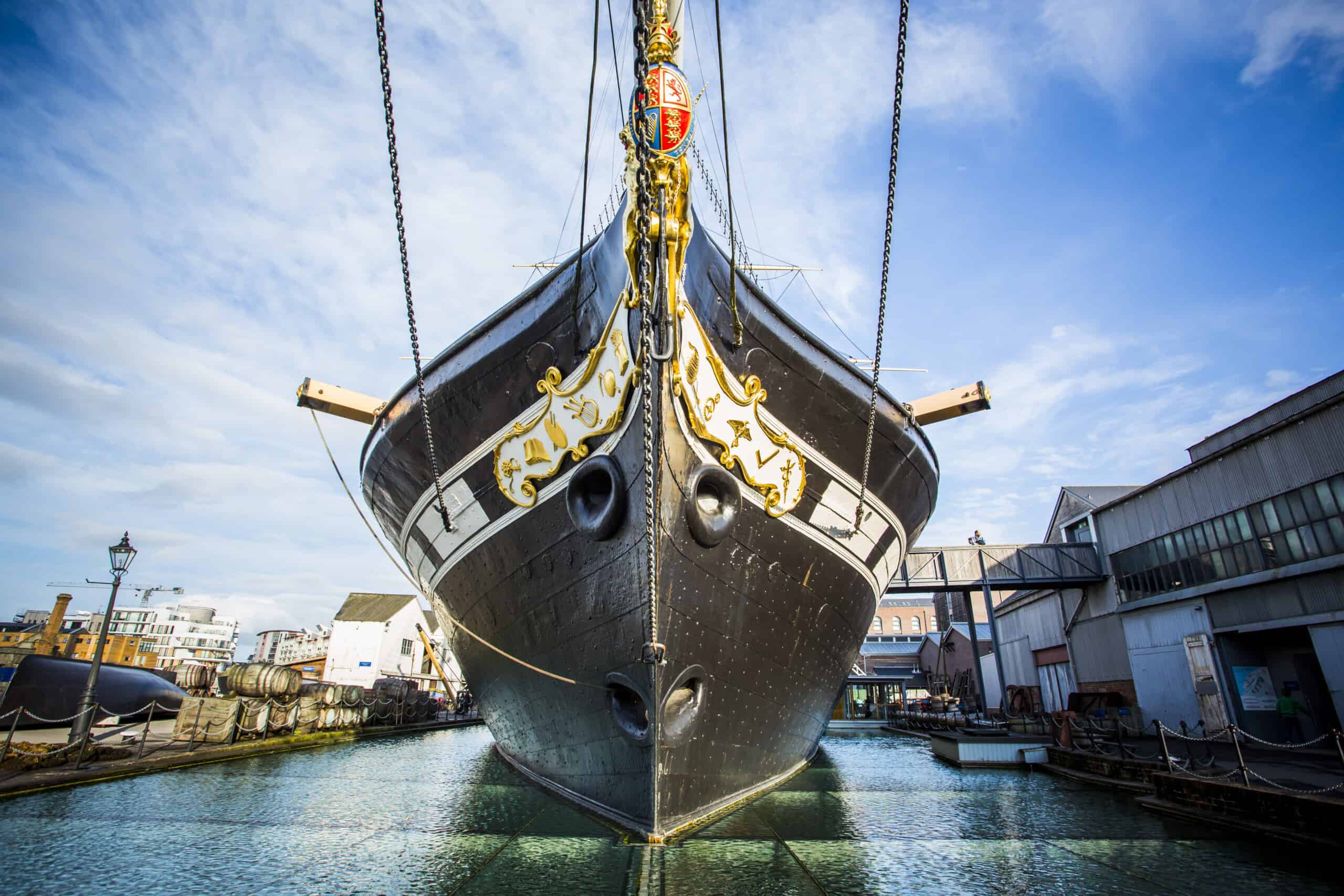Early on in these letters I came across a reference to Brunel’s aversion to patents. In modern terms, a patent is a form of intellectual property right, such as trademarks and copyrights, that is granted to a person for a set period, excluding others from making, using, or selling an invention. We know about Brunel’s views from the letters he sent and the memorandum he prepared for a House of Lords Select Committee in 1851.
Brunel’s nineteenth century perspective was that the patent system was expensive and bureaucratic and that it stifled invention instead of encouraging it. He condemned it strongly in memorandum to the 1851 Select Committee, who were appointed to look at reforming the patent system:
‘… it is the ruinous effects upon the class of inventors of the false dreams and hopes exited by the system and the injurious effect upon improvements, of the greater or lesser degree of exclusive privilege which is attained, which I have had consistently before my eyes for so many years…’
In the 21st century it seems strange that an engineer would not want to protect their valuable ideas and inventions, and thereby secure financial rewards for their talent. Other engineers, including close personal friends of Brunel, such as Robert Stephenson, and even his own father Marc, made full use of the patent system in the 19th century, yet Brunel staunchly refused to take out any patents during his career.
In a letter from the Philadelphia company of Silver & Harrison, dated 1st December 1856, the company attempted to interest Brunel in assisting with their English patent for an engine governor, a device used to measure and regulate the speed of an engine. The Company offered Brunel a generous profit sharing arrangement emphasising the importance of their device for saving fuel in marine steam engines. Brunel’s reply, written on 31st December, came as a surprise to me. Brunel explained that he could not promote Silver & Harrison’s patent application because he does not enter into commercial speculation and generally disagrees with the whole concept of patenting and the granting of exclusive privileges.
Not surprisingly, as a result Brunel did lose out financially from some his inventions during his career. For example, Brunel never took forward his idea for a polygonal rifle barrel, even after having one made and tested, and the engineer and entrepreneur Joseph Whitworth eventually took out a patent for the invention. Brunel assured the gunsmith Westley Richards that he had no plans to challenge ‘my friend Mr Whitworth,’ allowing him to take the credit for the gun that eventually became the Whitworth rifle, successfully used by the French and Confederate States Army in the American Civil War.
I am looking forward to discovering more about Brunel’s working processes as I progress through the Letter Books.
Author: Victoria Haddock, Collections Officer



